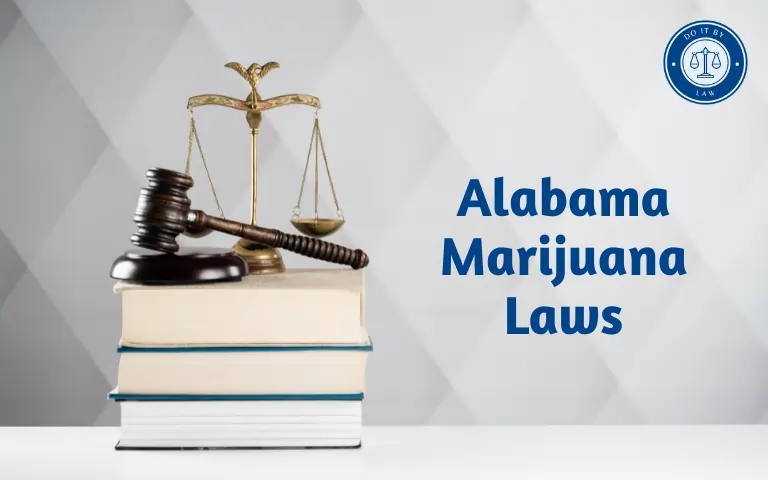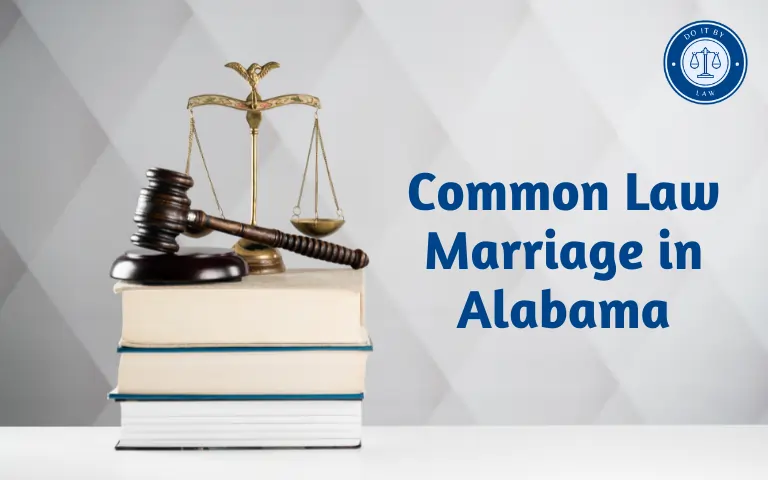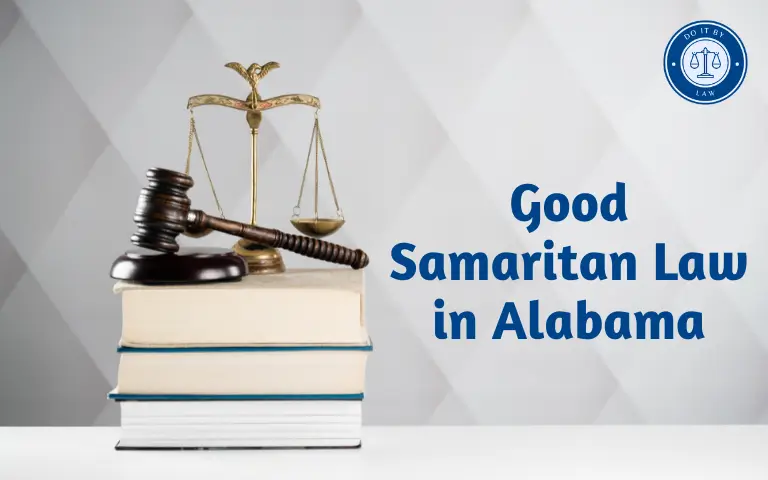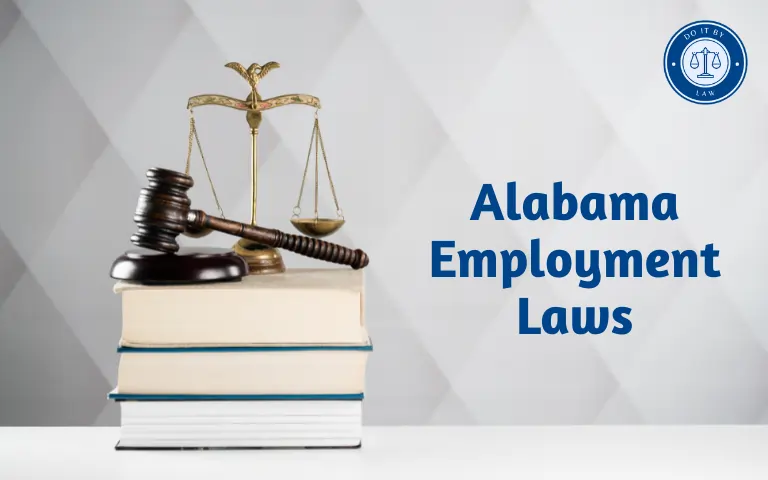Alabama Marijuana Laws: What You Need to Know
Alabama Marijuana Laws are some of the strictest in the United States. Possessing even small amounts of cannabis remains illegal, and penalties can be severe. However, there have been some recent changes allowing access to medical marijuana for registered patients.
This article will break down everything you need to know about current marijuana and weed laws in Alabama in 2023. We’ll cover when laws were enacted, who they apply to, key provisions and restrictions, potential penalties, recent changes, ongoing debates, and more.
A Brief History of Marijuana Laws in Alabama
Alabama first banned cannabis in 1931 when it adopted the Uniform Narcotic Drug Act. This early law already classified marijuana alongside heroin and cocaine as a Schedule I illegal substance with no accepted medical use.
Harsh penalties were enacted in the 1970s under the Alabama Controlled Substances Act. Possession of small amounts was made a misdemeanor, while sale and trafficking carried felony charges. Mandatory minimum sentencing and asset forfeiture were also implemented.
There have been no significant changes in liberalizing Alabama Marijuana Laws over the past nine decades. Possession of any amount remains illegal. The state has resisted growing national trends toward legalization and decriminalization. However, Alabama did take its first small steps by approving a tightly restricted medical marijuana program in 2021.
Who Do Alabama Marijuana Laws Apply To?
The Alabama cannabis laws apply to all residents of and visitors to Alabama. There are no exceptions for medical or recreational use. Anyone caught with marijuana or weed products can face criminal charges and penalties.
The only legal access is for registered patients under the medical marijuana program. To qualify, you must have one of 15 specified medical conditions and obtain a certification from a licensed physician. However, recreational use remains prohibited even for patients.
Alabama laws also apply to people transporting or mailing marijuana through the state. Interstate transport is a federal offense, and USPS mail is subject to inspection. Marijuana cannot be transported through Alabama under state law.
Key Provisions of Alabama Marijuana and Weed Laws
Here are some key components of Alabama’s current laws regarding marijuana and weed:
- Possession – It is illegal to possess any amount of marijuana, either for personal use or with intent to distribute or sell. First-offense possession of 2.2 lbs or less is a Class A misdemeanor. Subsequent offenses or amounts over 2.2 lbs become felonies.
- Trafficking – Bringing large quantities of marijuana into Alabama is considered trafficking. This starts at just 2.2 lbs, far lower than most states. Trafficking is a felony with mandatory minimum prison sentences and large fines based on the weight.
- Sale/Distribution – Selling or distributing any amount of marijuana is a felony. This includes gifting marijuana in exchange for compensation. Mandatory minimums and sentence enhancements apply for sales within 3 miles of a school or public housing project.
- Medical Use – The only legal use of marijuana in Alabama is by registered patients under the supervision of a doctor in the state medical cannabis program. All other possession or use remains illegal.
- Public Use – It is illegal to use marijuana or weed products in public spaces in Alabama. This includes smoking, vaping, or otherwise consuming cannabis in public areas.
- Paraphernalia – Possessing marijuana paraphernalia including pipes, bongs, and rolling papers is illegal in Alabama and carries a fine of up to $500 and jail time of up to 1 year.
- Home Cultivation – Growing weed for personal or medical use remains completely illegal in Alabama, with no allowances for home cultivation.
Penalties for Alabama Marijuana Laws Violations
The penalties for violating Alabama’s marijuana and weed laws vary based on the amount possessed and number of offenses. They include:
- Personal Possession
- First Offense: Class A misdemeanor – up to 1 year in jail and/or a fine of up to $6,000
- Second Offense: Class C felony – 1 to 10 years in prison and/or a fine of up to $15,000
- Trafficking over 2.2 lbs
- Mandatory minimum 3 years prison and a fine of $25,000 to $250,000 based on weight
- Sale/Distribution
- Class B felony – 2 to 20 years in prison and a fine of up to $30,000
- Enhanced penalties near schools, housing projects, or if sale to a minor
- Public Use
- Class C misdemeanor – fine up to $500
- Paraphernalia
- Class A misdemeanor – up to 1 year in jail and/or fine up to $6,000
These severe penalties highlight why Alabama is considered an unfriendly territory for marijuana. Laws remain rigidly enforced.
Recent and Proposed Changes to Alabama Cannabis Laws
While most states have moved towards relaxing marijuana laws, change comes slowly in Alabama. However, there have been some incremental reforms:
- 2014 – CBD oil legalized for medical use for specified conditions
- 2021 – Limited medical marijuana program approved; 17 med. conditions added
- 2022 – New law raised possession limit from 1 to 2.2 ounces
Some pending bills propose additional reforms:
- Decriminalization – Reduce penalties for possession of small amounts
- Expungement – Allow expungement of past marijuana possession convictions
- Expanding medical program – Add more qualifying conditions and allow flower
However, Alabama still lags behind most states in modernizing marijuana policies. Full legalization is not yet politically viable. The medical program also remains highly restrictive compared to other states.
Controversies and Challenges Around Alabama Cannabis Laws
Alabama’s strict marijuana and weed laws have generated ongoing controversies and reform efforts:
- Racial disparities in enforcement, with Black residents facing higher arrest and incarceration rates
- Conflicts with nearby states that have legalized medical or recreational marijuana
- Limits on conditions that qualify for medical marijuana
- Ban on smoking whole flower cannabis under medical program
- No home cultivation allowed even for registered medical patients
- Possession thresholds considered still too low compared to other states
- The slow pace of change compared to national trends of reform
- Lack of access to medical marijuana for low-income patients
Reform advocates argue Alabama laws are outdated, draconian, and require significant changes, while opponents believe they remain necessary to discourage drug abuse. This debate seems likely to continue in the coming years.
FAQs About Alabama Marijuana Laws
Conclusion
In summary, Alabama Marijuana Laws and cannabis laws in Alabama remain among the strictest in the nation. The state has resisted growing reform efforts, keeping recreational use illegal and allowing only limited medical access. Harsh penalties still apply for possession, sales, trafficking, and cultivation.
However, incremental changes indicate there may be growing support for modest liberalization of Alabama’s rigid anti-marijuana stance. But full legalization is not imminent. Anyone considering using marijuana in Alabama should be aware it involves significant legal risks.







